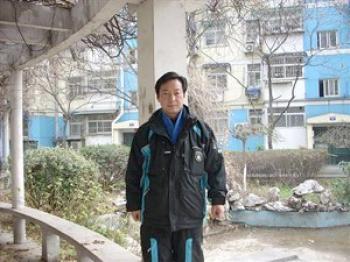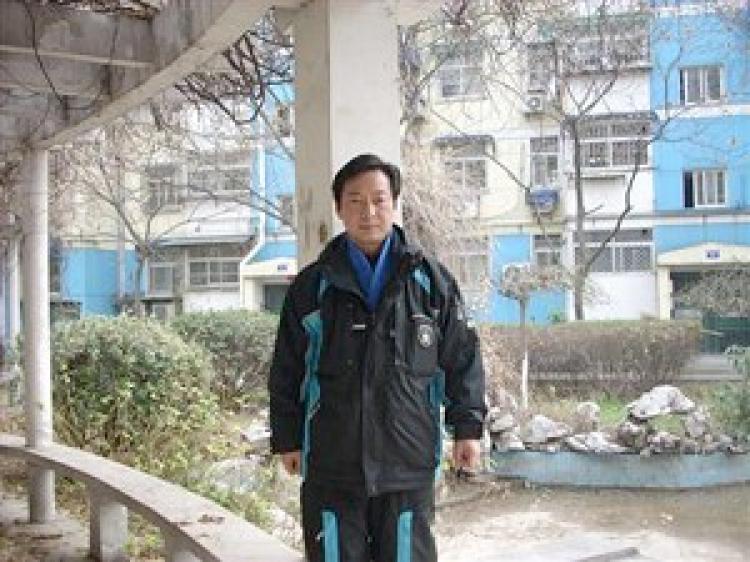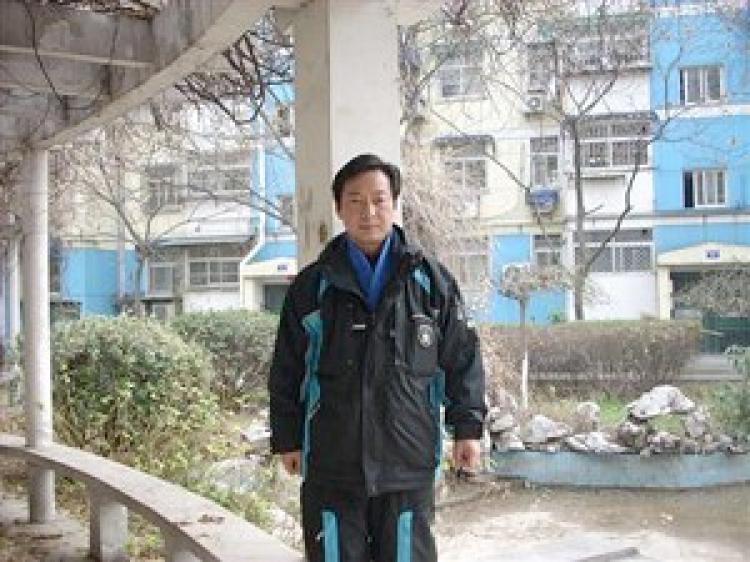Ten Year Sentence Upheld for Chinese Democracy Activist
The prison sentence of the founder of the China New Democracy Party (CNDP) was upheld on Christmas Day.

Guo Quan at Nanjing Teachers University. Screenshot
|Updated:
Matthew Robertson is the former China news editor for The Epoch Times. He was previously a reporter for the newspaper in Washington, D.C. In 2013 he was awarded the Society of Professional Journalists’ Sigma Delta Chi award for coverage of the Chinese regime's forced organ harvesting of prisoners of conscience.
Author’s Selected Articles






